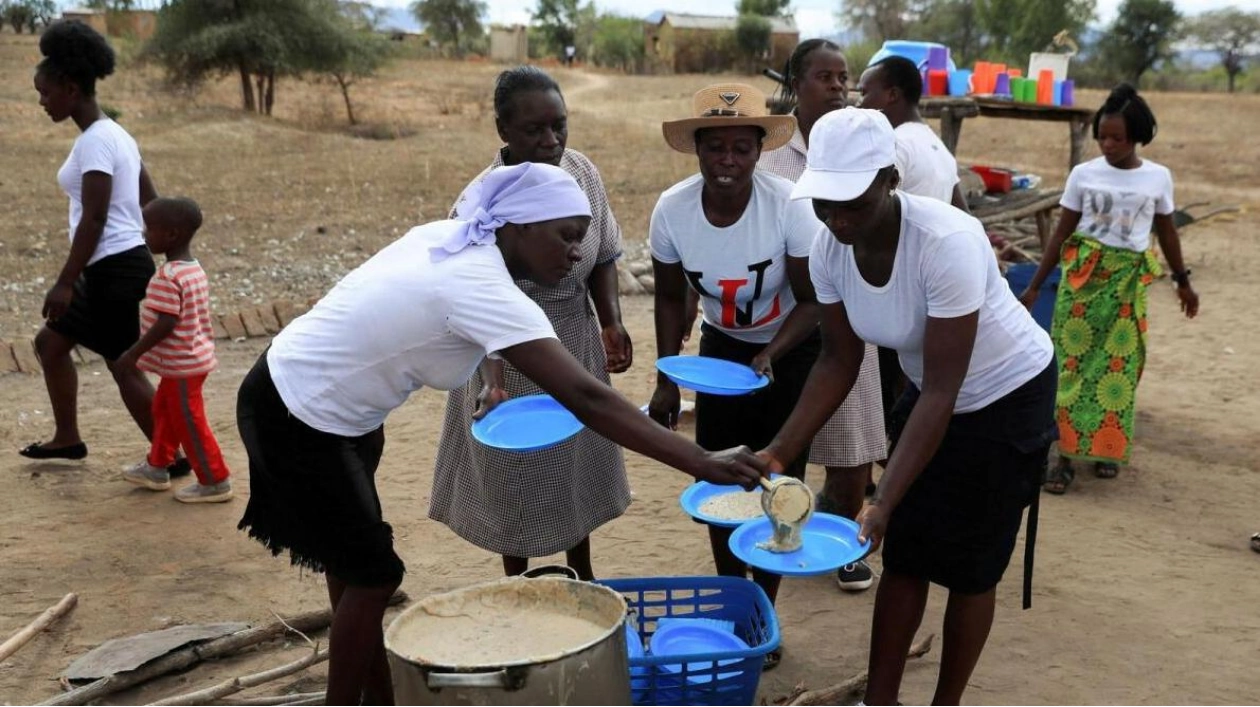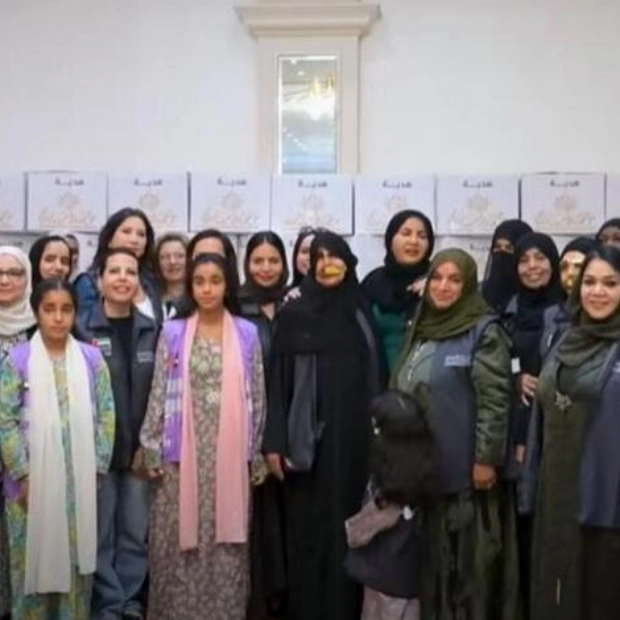Approximately 68 million individuals in Southern Africa are enduring the repercussions of an El Nino-triggered drought that has devastated crops throughout the region, according to the Southern African Development Community (SADC) on Saturday.
The drought, which commenced in early 2024, has severely impacted both crop and livestock production, leading to food scarcity and negatively affecting broader economies. Leaders from the 16-nation SADC convened in Harare, Zimbabwe, to address regional concerns, including food security.
Elias Magosi, the SADC executive secretary, stated that about 68 million people, equating to 17% of the region's population, require assistance. He noted that the 2024 rainy season has been particularly challenging, with most areas experiencing the adverse effects of El Nino, marked by delayed rainfall.
This drought is considered the most severe in Southern Africa in several years, attributable to both the natural El Nino phenomenon and increased average temperatures due to greenhouse gas emissions. Nations such as Zimbabwe, Zambia, and Malawi have already declared a state of disaster due to the hunger crisis, while Lesotho and Namibia have sought humanitarian aid.
In May, the region initiated an appeal for $5.5 billion in humanitarian aid to bolster the drought response. However, outgoing SADC chair Joao Lourenco, the president of Angola, noted that donations have been insufficient. He urged regional and international partners to intensify their efforts to support those affected by El Nino.
The drought is a significant topic at this year's summit, alongside other pressing issues such as the ongoing conflict in the eastern Democratic Republic of Congo, which Lourenco identified as a major concern.






